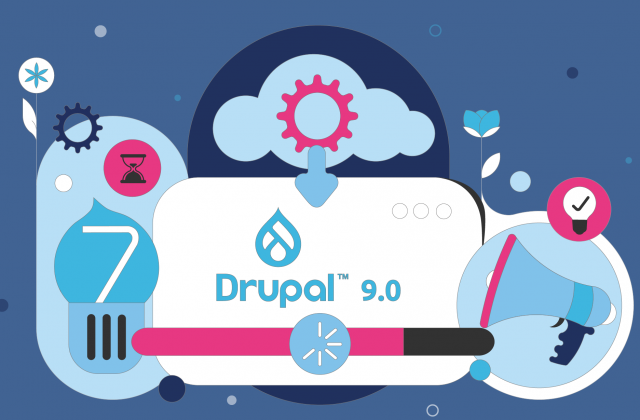Apple as a company is normally quite good at managing expectations. By that I mean that they know exactly how to harness the hype and hysteria that usually accompanies their product launches in order to generate absolutely staggering sales and profit figures – while also ensuring that customers are rarely left disappointed (the odd faulty antenna aside).
Once again, with the latest incarnation of the iPad – launched last week – we can see Apple carefully managing expectations around this new device so that it is clearly marked as an improvement on the previous models, but hardly a ground-breaking new device (which it certainly isn’t). This is not really the iPad 3 as it’s being called by lots of consumers and reviewers, but ‘the new iPad’ as the Apple website tells us.
This is essentially the same thing as we can see with the iPhone, whereby Apple is able to boost sales of a product roughly halfway through its ‘major’ development cycle (i.e. between more significantly different versions) by launching slightly updated versions which represent a decent option for those who will not buy the current version – because they already have the previous one.
In other words, iPad 1 owners who wouldn’t buy an iPad 2 because it’s not different enough to justify the expense. These people can now buy a ‘new’ iPad instead of waiting for the next version of the device, which will probably be still about a year off, or maybe more. With this system, people who buy every other version of a device will buy probably 3 iPads over a 5 year period, rather than 2. The advantage for Apple is pretty obvious…
So, this new iPad is really more equivalent to the iPhone 3Gs, or 4s – or if you’re not a Mac kinda person, think of it as a Windows Vista type of thing – something to tide users over in the interim between more significant developments, which targets those who have either never purchased an iPad (and might need a ‘special justification’ to do so – like the launch of a new model), or who have an iPad, but perhaps a low-end iPad 2 or even original iPad (as this post over at techcrunch points out, there’s little reason to fork out to upgrade from a top-end iPad 2 to this new iPad).
Then there’s also the issue of many mobile data contracts lasting roughly 18 months, meaning it is quite advantageous to have a recent (i.e. launched this year) device on the market at any one time in order to stop previously loyal customers opting for a rival’s newer model if their contract change point arbitrarily favours the release dates/windows of some devices over others.
Anyway, the bottom line is that the device is a huge hit in terms of sales (though, as always, Apple don’t give exact figures), and the only dissenting voices have tended to be those reviewers who have come to expect an iPhone type revolutionary device every year from the company, and have ignored Apple’s own messages about the device which aim to carefully contain expectation to reflect that it is essentially the same as the old one but with a better screen and data connection – for the same price. If you look carefully at the Apple website it will tell you exactly what you need to know about the new iPad; the advert reads ‘resolutionary’ – not ‘revolutionary’.



